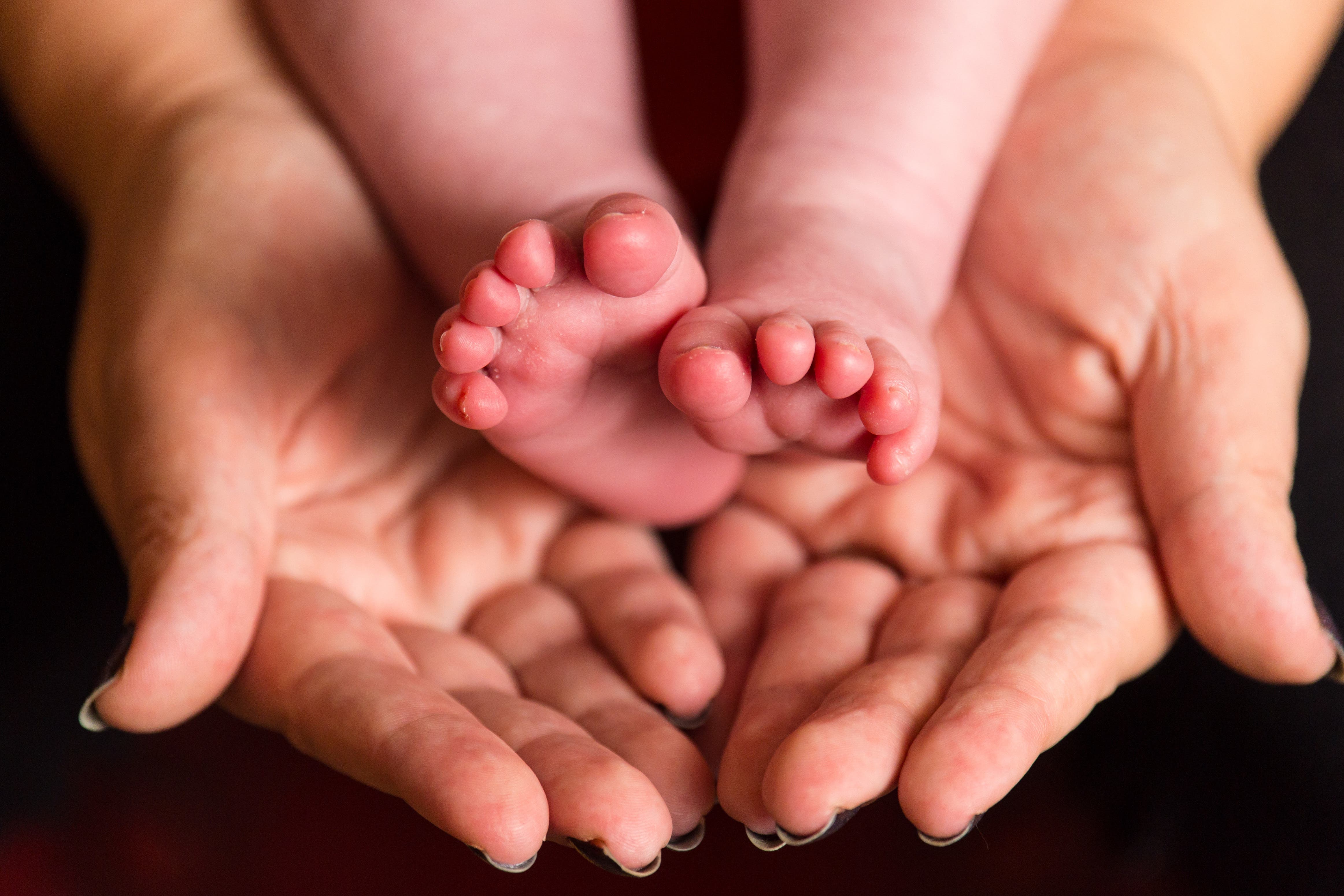Half of anxiety and depression cases in new and expectant mothers missed: report
Up to 20% women develop a mental illness during pregnancy or within their first year after having a baby.

Your support helps us to tell the story
From reproductive rights to climate change to Big Tech, The Independent is on the ground when the story is developing. Whether it's investigating the financials of Elon Musk's pro-Trump PAC or producing our latest documentary, 'The A Word', which shines a light on the American women fighting for reproductive rights, we know how important it is to parse out the facts from the messaging.
At such a critical moment in US history, we need reporters on the ground. Your donation allows us to keep sending journalists to speak to both sides of the story.
The Independent is trusted by Americans across the entire political spectrum. And unlike many other quality news outlets, we choose not to lock Americans out of our reporting and analysis with paywalls. We believe quality journalism should be available to everyone, paid for by those who can afford it.
Your support makes all the difference.Half of cases of anxiety and depression among new and expectant mothers are going undiagnosed, top midwives have warned, as they called for a boost in staff numbers to help spot more cases of mental ill health.
The Royal College of Midwives (RCM) said 10% to 20% of women develop a mental illness during pregnancy or within the first year after having a baby, which can include anxiety and depression and severe mental health issues.
But too many cases of perinatal cases anxiety or depression are being missed, despite contact with professionals, it said in its new report.
The College said that mental health needs remain “secondary” to physical health needs of women during pregnancy in the NHS.
Birte Harlev-Lam, executive director of the RCM, said: “Midwives are telling us they have quite a short time with women.
“So although midwives are the health professional that women see the most during their pregnancy, and they see them face-to-face, they often have really short appointment slots – they might be 15 minutes or 20 minutes – and in that time they have to do a whole host of observations and checking on the mother and the baby, and so on.
“So the time to sit down and have a really honest conversation is quite limited.
“We do know time is definitely a pressure and of course that goes back to the shortage of staff that we see.”
She added: “The other thing we know is that midwives don’t always have the right education, or enough of the right education, to really have some of those in-depth conversations.
The time to sit down and have a really honest conversation is is quite limited.
“Some 85% maternity units do have a perinatal mental health midwife who can support and advise all the other midwives, but actually they don’t all have a full time perinatal mental health midwife.
“And of course, there’s the 15% who don’t have a perinatal mental health midwife at all.
“So the support for the midwives who sit in front of the women and have those conversations is not … always there.”
The new report on mental health on mothers spanning pregnancy and the first year of their baby’s life highlights a number of shortcomings in mental health care, including:
– Some 15% of maternity units do not have specialist perinatal mental health midwives.
– Where these specialists are available they are sometimes being used to cover staff shortages elsewhere.
– An estimated 70% of women either hiding or underplaying the severity of their mental health problems which shows that the “societal expectation” of the passage to parenthood “can be very different to the reality”, the report authors said.
– Difficulties in accessing care can arise from: variation in availability of service, care, and treatment; cultural stigma; previous trauma; deprivation and discrimination.
– Between 2018-2020, suicide was the leading cause of maternal death in the first year after birth.
The RCM is calling for 350 additional midwives to help women struggling with mental health issues around the time of birth.
It said that all health workers in contact with pregnant women and new mothers should have annual mental health training.
Meanwhile every NHS trust or health board should have at least one specialist midwife, it added.
An NHS England spokesperson said: “Women across England are benefiting from specialist perinatal mental health support with an estimated 51,000 new mums treated over the last year – up nearly 60% compared to two years ago – with every local health system now having access to a specialist community perinatal mental health team.
“The NHS Long Term Workforce Plan commits to increasing the maternity workforce, and perinatal mental health services continue to expand including new services for women experiencing mental health difficulties arising from trauma or loss in the perinatal period.”
A Department of Health and Social Care spokesperson said: “We are expanding and transforming mental health services as part of the NHS long term plan – meaning that by 2024 at least 66,000 women with moderate to severe perinatal mental health difficulties will have access to specialist community care, up to 24 months after the birth of their babies.
“This expansion, along with the opening of four new mother and baby units in 2019, means that in every part of England the most seriously ill women can receive residential care without being separated from their babies.”